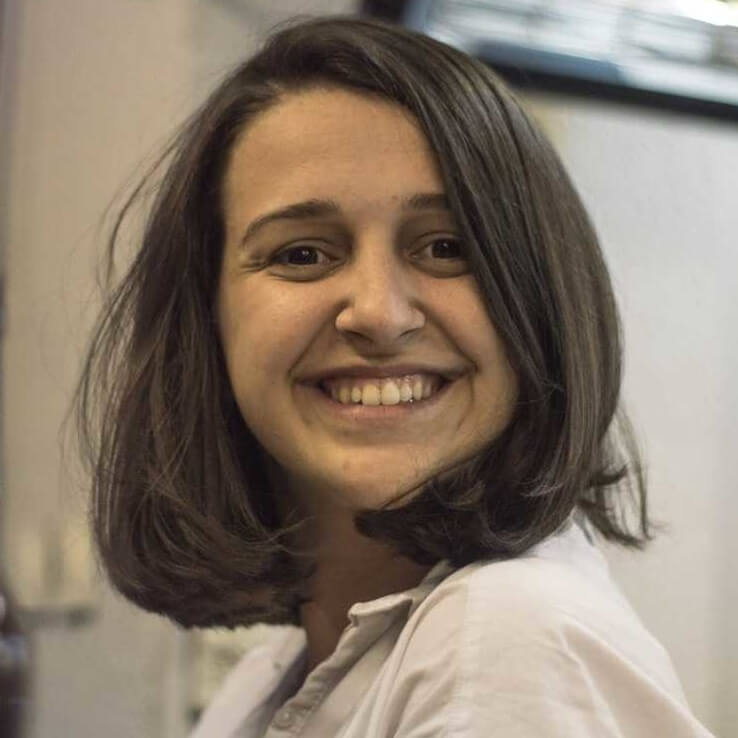Insightful Features
Workplus Productivity Talks, episodio 7 - Andre Filip
Andre Filip, de ELA, nos contó los secretos para dirigir una agencia de publicidad exitosa y, al mismo tiempo, mantener al equipo productivo...

.png)
Confiado por 5,100+ equipos • #1 en G2 alto rendimiento • Productividad hasta 92%+
No se requiere tarjeta de crédito

El software mejor valorado a nivel mundial. Amado por los clientes.

.jpg)
.jpg)
.jpg)